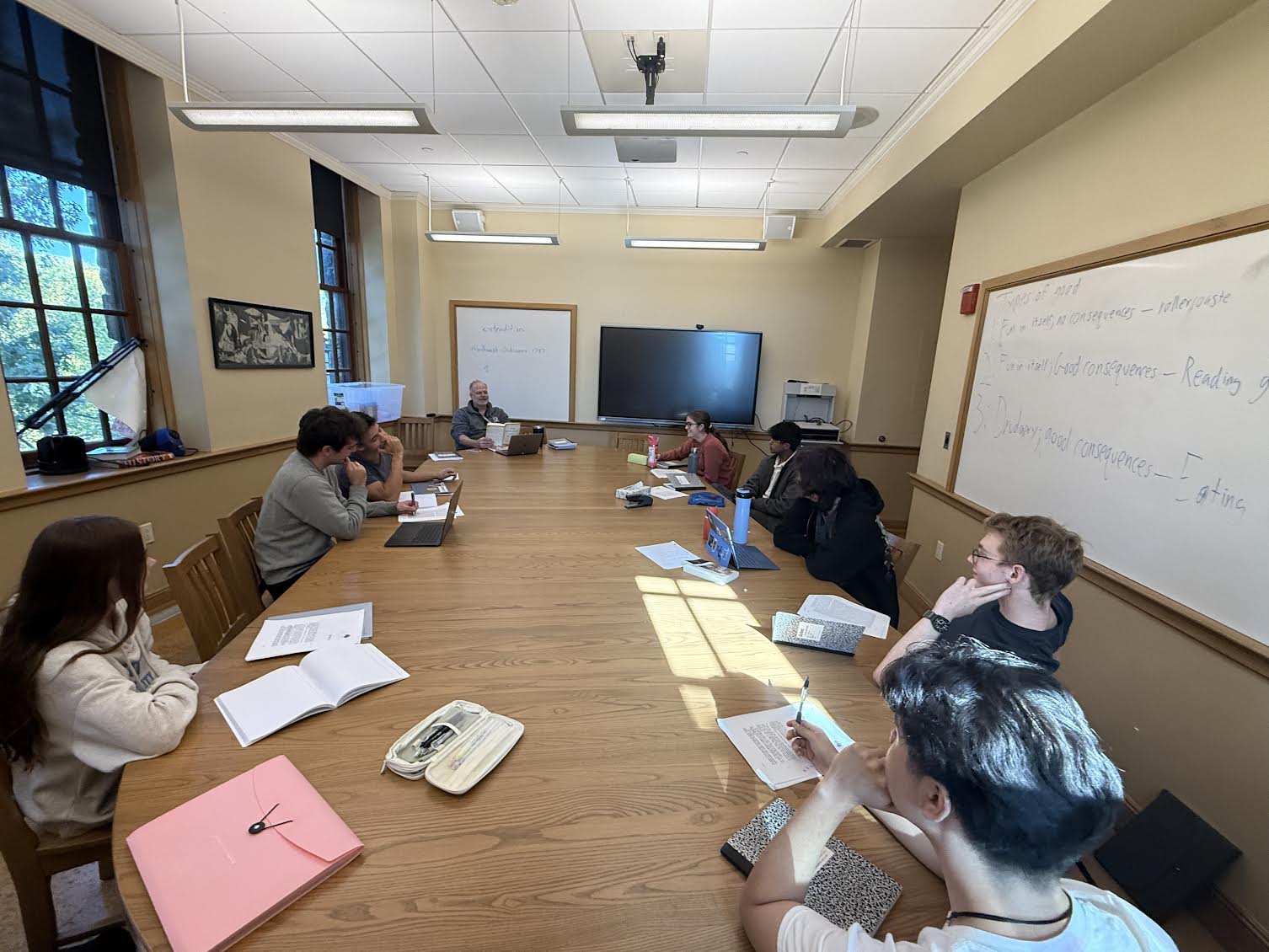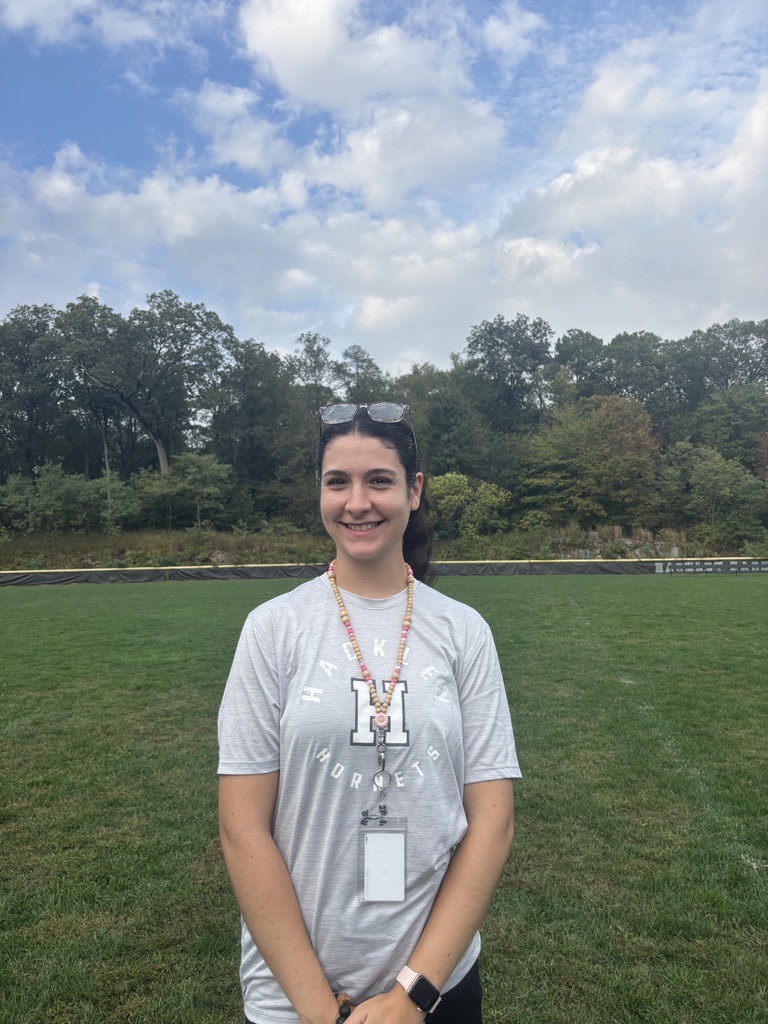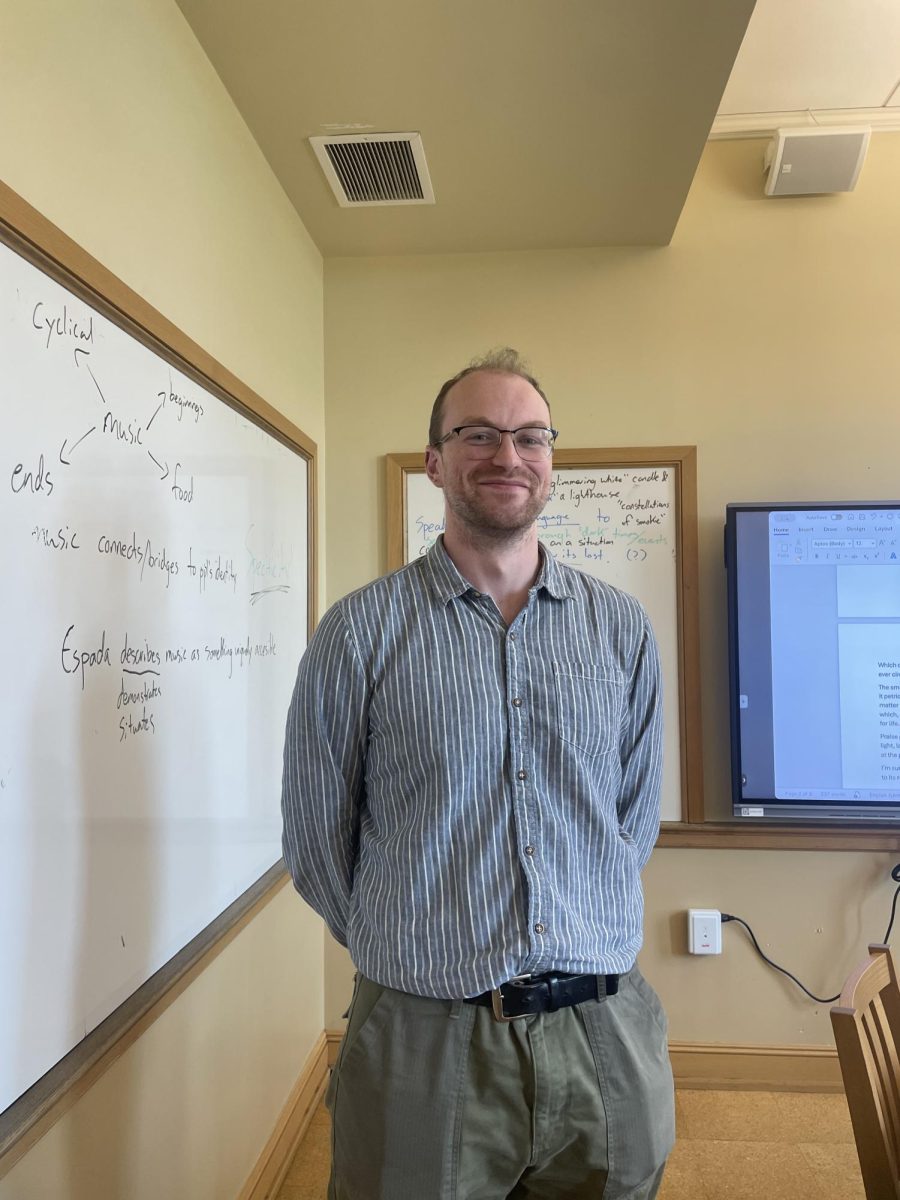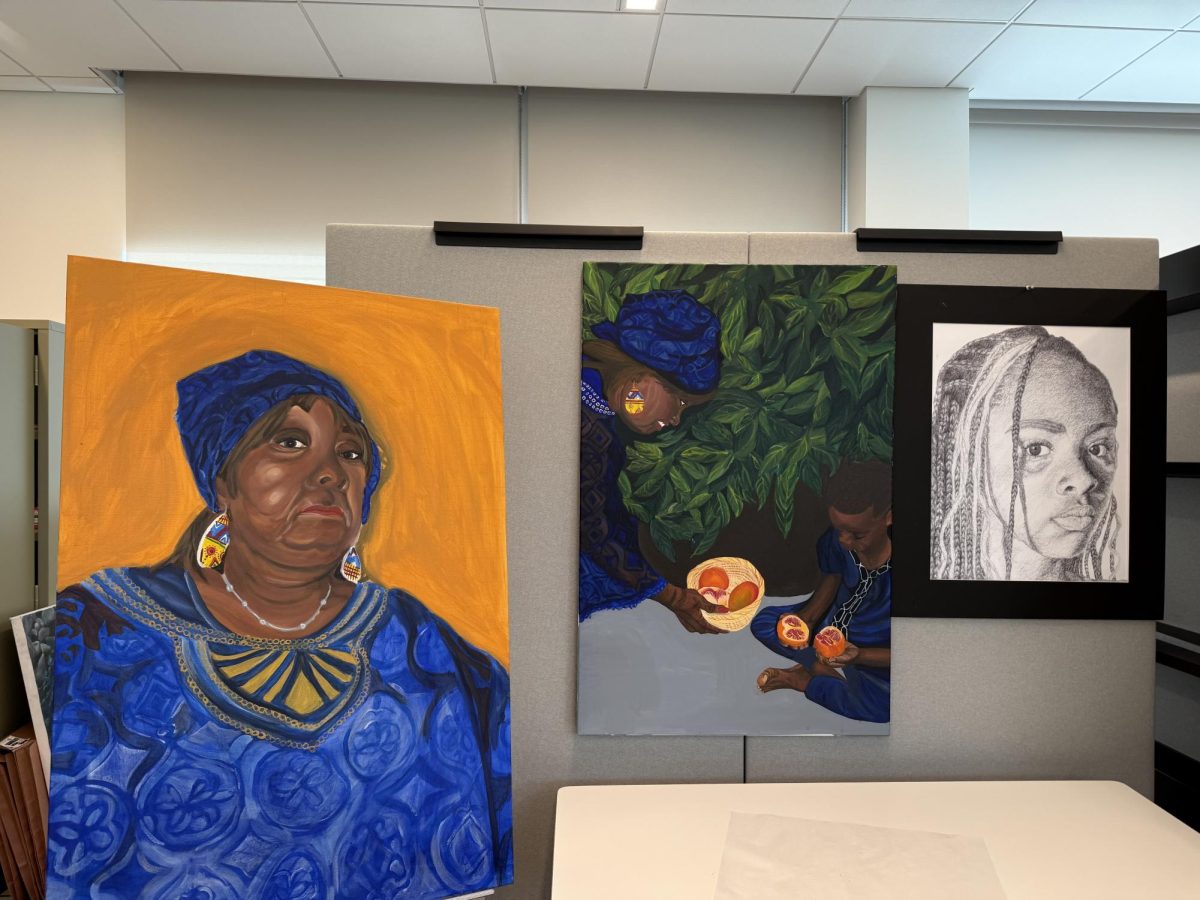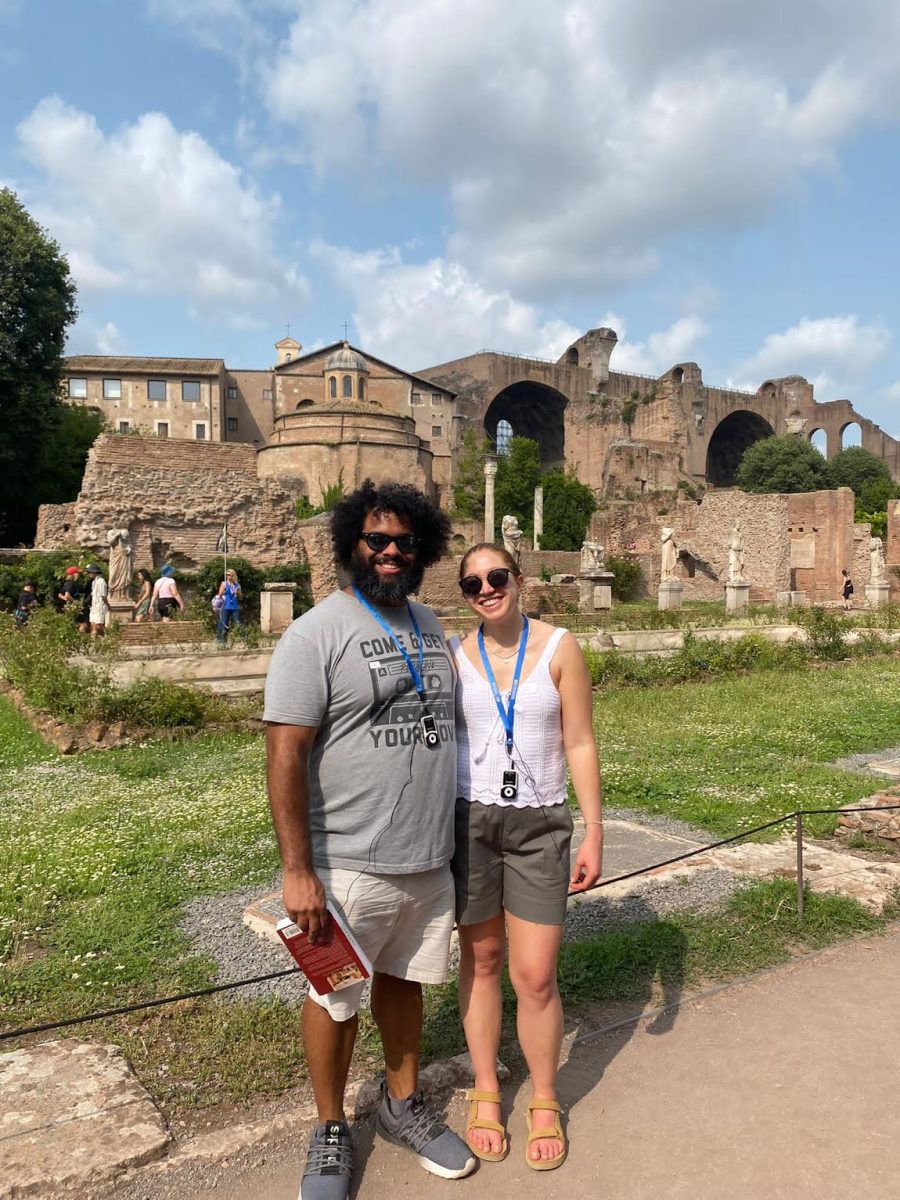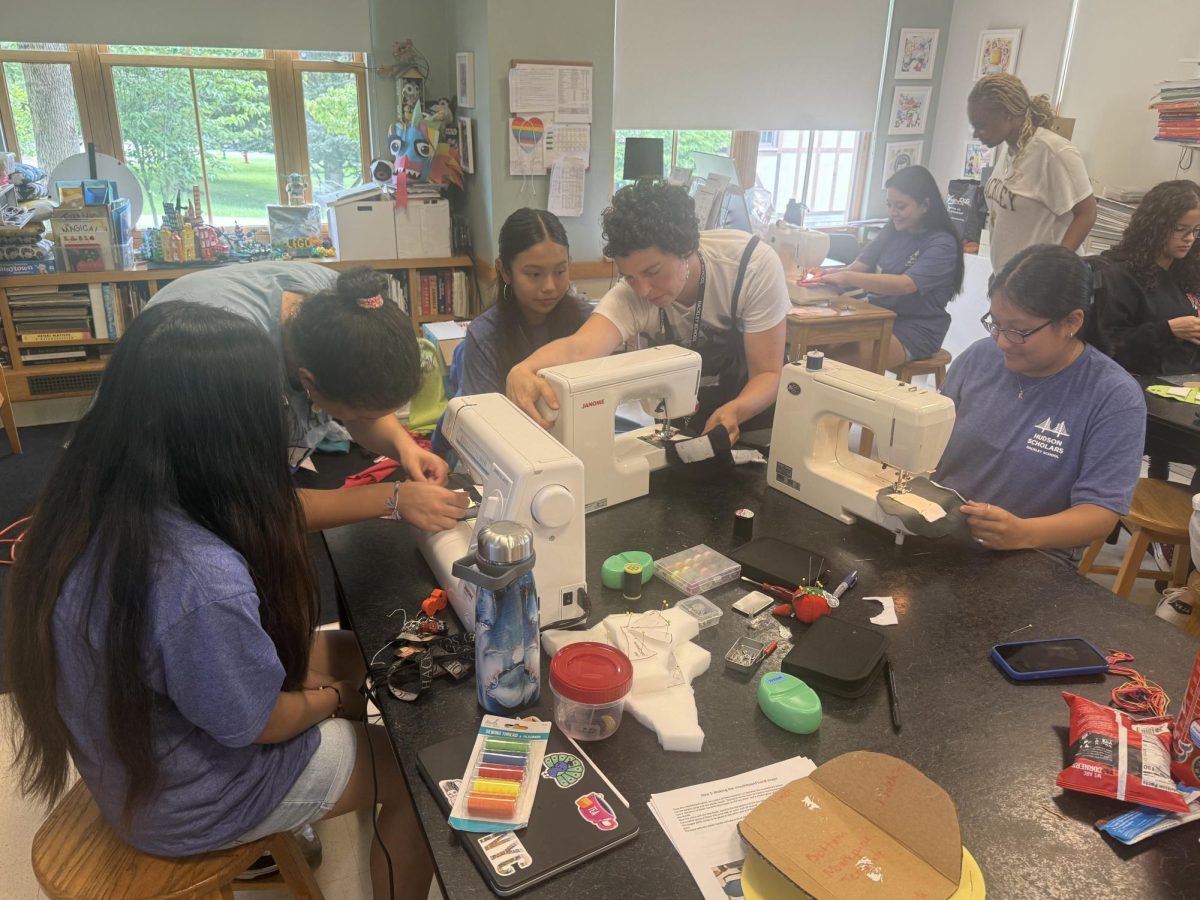From literary and history analysis via role play games to outdoor adventures and wilderness Skills, Hackley has it all. However, it has never had a class devoted solely to the classic texts and philosophers who, thousands of years ago, laid the foundation for the society we live in today.
Great Books Seminar, taught by history teacher Stephen Fitzpatrick, covers these invaluable texts while also exploring broader topics, including theology, philosophy, history, and political science. The class features full-class discussions in which students engage with and examine the great literature from classic antiquity.
“The inspiration for this class came from when I was pursuing a degree through the St. John’s book program,” said Mr. Fitzpatrick. Thus, this explains the origin of the name and model of learning.
Some of the texts covered in the class include The Republic, Nicomachean Ethics, Plato’s Apology, The Odyssey, and Meno. However, the course seems to have some fluidity to it regarding class material.
“Depending on student interest, we can pivot to different texts that we wouldn’t otherwise cover. For example, two years ago, as a class, we examined some Buddhist literature”, said Mr. Fitzpatrick.
Each trimester, there is one three to five-page graded paper, in which students investigate an idea that interests them most in the text, to try and answer some of the main questions of the course about morality, justice, and truth through round table discussions.
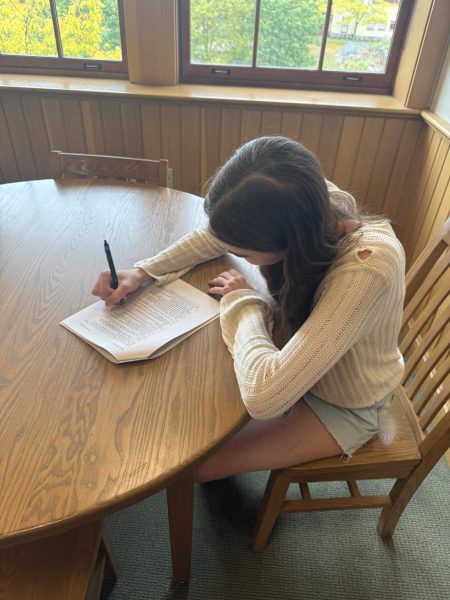
During a round table discussion, students listen to Mr. Fitzpatrick asking his guiding questions. On the white board are bullet points discussing different types of “good” with examples in every day life. “Each cycle there is a new reading, and in class we discuss it together and come up with our ideas and main takeaways,” said Lara McComiskey.
Part of the appeal of this course is the individual discovery during round table discussions. It has been described as the most anticipated part of the course due to its collaborative nature, yet it supports individual analysis above all.
“I’m most excited to have a further understanding of the different readings we have been doing, and being able to have a discussion with other people to hear their opinions and thought processes that might be different from mine,” said junior Lara McComiskey, a member of the class.
The class collectively draws new meanings and understandings from the texts and can apply that way of thinking from thousands of years ago to the questions we face in modern life.
“This course hits an unusual type of student, but it’s great for students who are curious about texts that ask great questions,” said Mr. Fitzpatrick.
Hackley students already have a rigorous schedule by nature, so the fact that the Great Books Seminar is an honors minor can be daunting to 11th and 12th-graders who already have a lot on their plates with college applications as well.
Yet, students in this class have argued that the unique learning style and content covered in class discussions are what make it worth the extra minor.
“I think the class is worth taking because it is very untraditional in the sense that the learning is mainly focused on discussion and communication with other students, without it being Harkness. You don’t have to work together to make one collective takeaway; you can disagree and find out things for yourself. This interests me a lot because it’s a type of learning that I have never been exposed to before,” said a senior in the class, Ben Iaderosa.
Though the class boasts eight students this year, it has run inconsistently throughout the past few years. However, the rewarding and unique learning style of the class has proven that it’s deserving of more student consideration and worth the extra minor.


